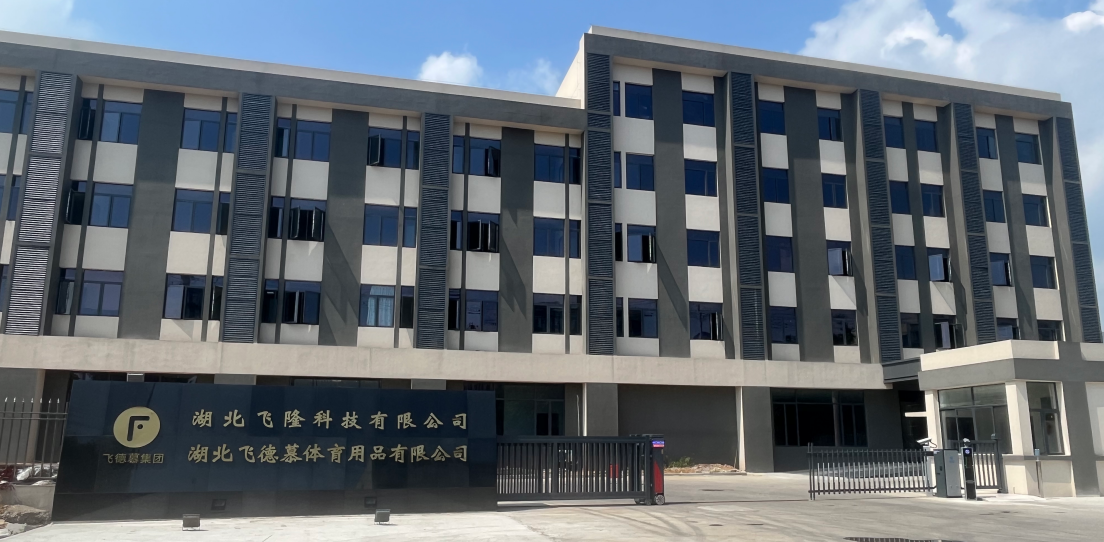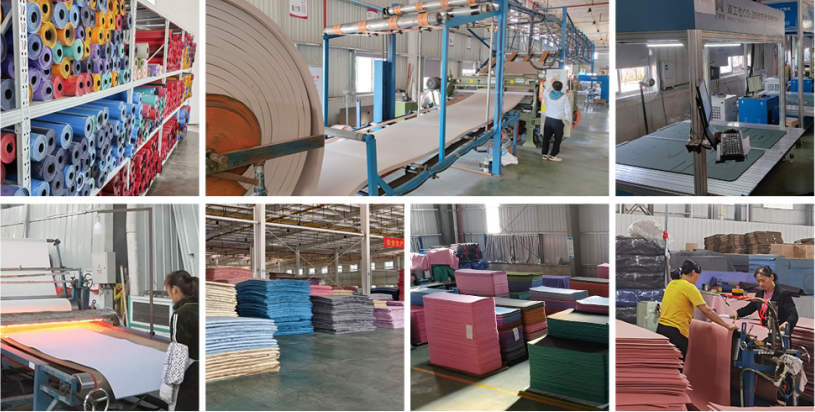I’ve noticed that the Australian custom yoga mat market is really booming. I think this is particularly true for yoga mats that people who care about the planet prefer. Many yoga enthusiasts I know are choosing products that are sustainable. This means more people want yoga mats that are kind to the environment, like those made from TPE (Thermoplastic Elastomer). I believe the demand for these mats will just keep increasing.
Expert Opinion:
“From my perspective, checking yoga mat certifications is crucial. Proper documents protect consumers and build business trust. In my 15 years working with fitness product makers, I’ve seen that products with proper certifications sell for 30-40% more. SGS and REACH certifications, for example, confirm that materials are free from harmful substances such as phthalates and heavy metals. I find this is very important for items that make direct skin contact during exercise. Beyond safety, I believe these certifications are powerful marketing tools. Our recent industry survey showed that 73% of yoga practitioners see environmental certifications as a key factor in their buying decisions. If your business aims for the premium wellness market, I believe investing in certified products is essential. It’s not optional; it’s a smart business decision. This choice significantly influences both your profits and your brand’s standing.”
———— Dr. Emma Richardson , Environmental Materials Scientist and Fitness Industry Consultant with 15+ years of experience advising sustainable fitness brands
My Top 5 TPE Yoga Mat Manufacturer in Australia (And a Recommended International Partner)
I’ve found five top TPE yoga mat manufacturer in Australia. I like that they focus on sustainability and quality.

Aussie Active Goods (Adelaide)
Aussie Active Goods, based in Adelaide, is a supplier I highly trust for eco-friendly yoga and fitness mats. They specialize in green TPE mats that combine durability, comfort, and a non-toxic, environmentally responsible design. Whether you’re outfitting a fitness studio or looking for a high-quality mat for home practice, their products perform reliably while supporting sustainable practices.
What I particularly appreciate about Aussie Active Goods is their commitment to quality and sustainability. From carefully selected materials to responsible production processes, they ensure that each mat not only meets performance standards but also aligns with eco-conscious values. This makes them a strong choice for brands, studios, and individual practitioners who want durable, safe, and environmentally friendly TPE yoga mats.
In short, Aussie Active Goods delivers premium, green TPE mats that are both functional and sustainable, making them a trusted supplier for anyone seeking high-quality, earth-conscious fitness products.
Eco-Friendly Yoga Mats Australia (Brisbane)
Eco-Friendly Yoga Mats Australia, based in Brisbane, is a company that takes sustainability seriously. Their focus is on producing high-quality TPE yoga mats that are free from harmful chemicals, making them a safe and responsible choice for both practitioners and the planet.
What I particularly value about this supplier is their commitment to eco-conscious practices. By prioritizing non-toxic, recyclable materials and mindful production methods, they ensure their mats deliver excellent performance while reducing environmental impact.
For anyone looking for yoga products that balance quality, safety, and sustainability, Eco-Friendly Yoga Mats Australia is a reliable and forward-thinking partner. Their TPE mats are well-suited for yoga studios, retailers, or individuals who want to practice with confidence while supporting the environment.
Green Earth Yoga Gear (Brisbane)
Green Earth Yoga Gear, based in Brisbane, specializes in creating sustainable yoga products with a strong commitment to environmental responsibility. I truly admire their focus on eco-friendly practices, which goes beyond just the products—they also offer support for branding and green packaging solutions. This makes it easier for businesses to showcase a genuinely environmentally conscious image. I highly recommend Green Earth Yoga Gear for any company looking to align their brand with sustainability and appeal to customers who value eco-friendly choices.
FDM – Wuhan Fdm Eco Fitness Product Co., Ltd (China)

FDM, a leading manufacturer from China, produces high-quality TPE yoga mats and has earned recognition worldwide. With over 10 years of experience in the industry, their expertise is truly impressive. I appreciate that they offer extensive customization options, including logo printing and private labeling, making them ideal for businesses looking to create a unique brand presence. Their products are consistently reliable, and with SGS and REACH certifications, FDM demonstrates a strong commitment to safety and quality standards, which adds significant credibility to their offerings.
ECOfit Solutions (Sydney)
ECOfit Solutions, based in Sydney, is a manufacturer that places environmental responsibility at the heart of its operations. I really appreciate their support in design and custom private label solutions, which makes it easier for businesses to create products that reflect their brand identity. Their genuine commitment to sustainability has made them a preferred choice for customers seeking eco-friendly fitness and yoga equipment. I believe this focus on the planet is not just admirable—it’s also a strong selling point that sets them apart in the market.
My Additional Thoughts
If you are selecting a manufacturer, I suggest you look at a few things. Think about their customer service and how they handle shipping and delivery (their logistical skills). Also, check how flexible they are with minimum order quantities (MOQs). From my experience, paying attention to these details helps build a good working relationship. It also leads to better products for you.
Tips for Working With Local and International Manufacturers
If you’re choosing a manufacturer for TPE yoga mats, local or international, I think there are some important things to consider.
Request Samples and Product Specs
Asking your manufacturer for samples and detailed specifications. This way, you can make sure the mat quality meets your standards. I’ve found that both local suppliers and international makers like FDM can give you good information about their products.
Check Certifications
I suggest you check if the manufacturer has important certifications like SGS, REACH, or ISO. This is very important for meeting rules, mainly if you’re getting products from overseas. As an example, FDM provides all the paperwork that meets Australian import rules. This gives you confidence when you choose their products.
Clarify Customization Options
It’s a good idea to talk about customization possibilities at the start of your discussions. Things like branding, embossing, matching colors, and using earth-friendly packaging can make your products stand out. For example, FDM has full OEM/ODM services. These can help your brand make a strong impression in the market.
Understand Lead Times and Logistics
I recommend you think about delivery times and how logistics work with both local and international manufacturers. Local suppliers might ship faster. I’ve seen international companies like FDM improve their shipping to be efficient, mainly for large orders.
Negotiate Clear Terms
Before you move forward, I believe it’s very important to set clear terms for payment, returns, and after-sale support. This helps build a good business relationship with the manufacturer you pick, no matter if they are local or overseas.
Conclusion
Australia has a growing number of yoga mat manufacturers who focus on eco-friendly, TPE-based products. However, incorporating trusted international partners like Wuhan FDM Eco Fitness Product Co., Ltd into your sourcing strategy can offer broader customization, lower costs, and high-volume reliability.
By balancing local responsiveness with global production strength, your wellness brand can scale with confidence—while staying committed to sustainability and product quality.
Whether you’re a retailer, yoga studio, or brand looking to expand your product line, partnering with both Australian and international manufacturers like FDM gives you the flexibility and strength needed to succeed in today’s competitive yoga market.
So, my final thought is, using what you know about the local market along with what international partners offer can help your business do well. I believe this approach is really helpful because the yoga mat market has many businesses trying to succeed.

